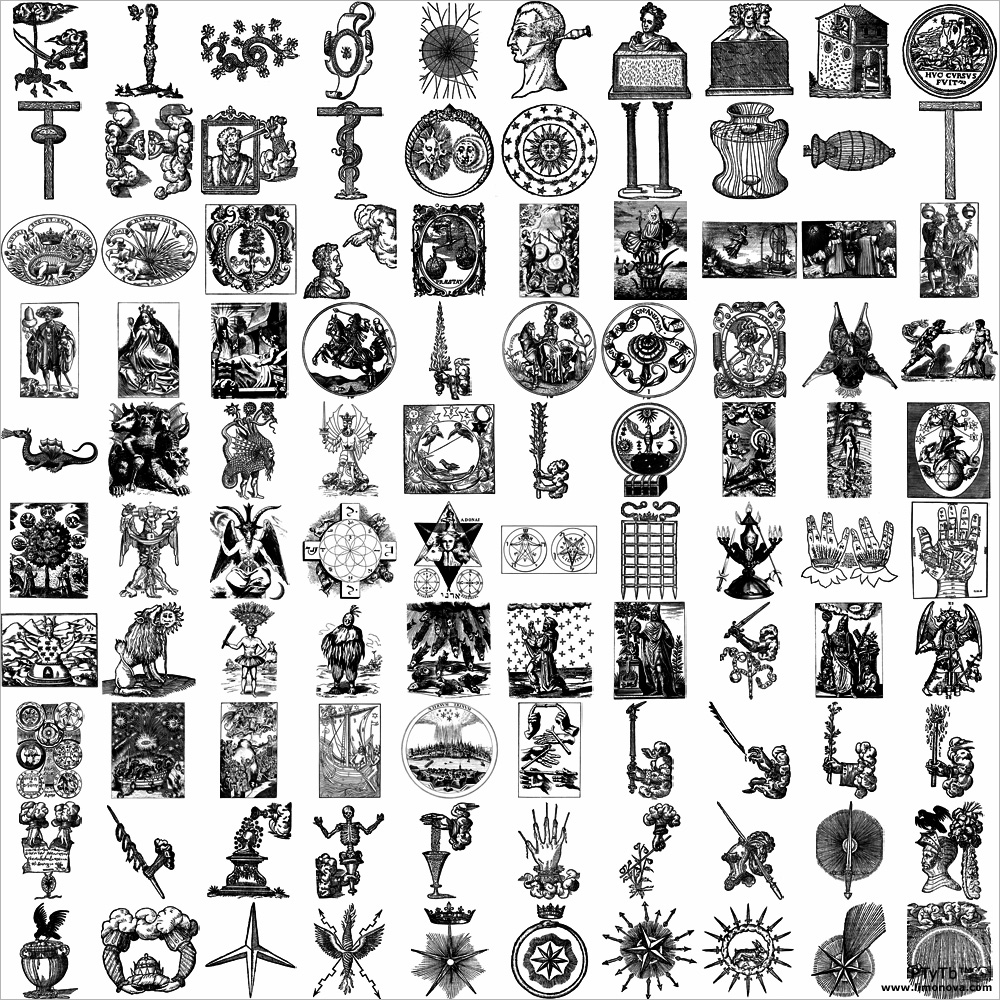Let not the reader already exclaim, How deep are the views of this illuminizing Sophister? How has he foreseen every point! With what discernment does he lay his snares to entrap those who are to be the future agents of his plots! The reader has as yet seen merely a schedule of those persons who may be admitted or rejected; but that does not sufficiently secure the order with respect to the elections which the Insinuator may have made. Before he undertakes the initiation of any person whom he may have thought
p. 421
proper, he is to make a statement from his diary of every thing that he may have observed with respect to his morals, opinions, conduct, and even of his connections in life. He is to submit this statement to his superiors, who will compare it with the notes they are already in possession of, or may acquire from other adepts, respecting the candidate, or even with a new statement, in case they judge the last to be insufficient. Even when the choice made by the Insinuator is approved of, all is not settled; the superiors have to determine which of the Insinuators is to be entrusted with the care of enticing the approved person into the Order: for all this is foreseen in the code. It is not allowed to all the brethren to exercise promiscuously so important a trust among the prophane, though they may have pointed out the person proper for reception. The young adept is not to measure his strength with the man who has the advantage over him in years and experience, nor is the tradesman to undertake the magistrate. The superior is to name the most proper Insinuator, judging from the circumstances, age, merits, dignities, or talents of the future candidate. 27 At length, when the mission is given, the Insinuator begins to lay his snares.—Such is the second part of this extraordinary functionary, and all his subsequent steps are regulated by the code.
Candidate, in the ordinary acceptation of the word, means a person who has shown a desire or taken some steps into some order, or to acquire some dignity. In Illuminism it means the person on whom the Order has fixed its attention. It often happens, that the candidate is ignorant of the very existence of the sect. It is the Insinuator’s business to inspire him with the wish of entering it. To accomplish this grand object, two different methods are inculcated. The first is for the Insinuator who has some candidate in view remarkable for his science or of a certain age. The second, for him who is entrusted with young men from eighteen to thirty, and who are susceptible of a second education. A third method was proposed for workmen, and those clownish fellows whose education had been but little attended to. We may observe Weishaupt consulting with his confidant Zwack on this part of the code; but whether it was never digested, or that he saw the Insinuators could easily supply the defect, no further mention is made of the third method. Let us then examine the essence of the first two.
To exemplify the first method, let us suppose one of those men who have gone through a complete course of modern Philosophism, who, should they not scoff at Christianity, would at least hesitate at every thing which is called religion; for the code forewarns the Insinuator, that his efforts would be vain should he attempt to seduce Philosophers of another stamp, men of sound judgment, and who would never be partizans of doctrines which could not endure the light of broad day. But when he shall have discovered one of the former who has already pretty well imbibed the principles of the sect, he will assume the character of a Philosopher well versed in the mysteries of antiquity. He will have little difficulty in acting such a part, as he will find ample instructions in the code. To follow those instructions faithfully, he must begin “by descanting on the supreme felicity of being versed in sciences which few
p. 422
can approach, of walking in the paths of light while the vulgar are groping in darkness. He must remark, that there exist doctrines solely transmitted by secret traditions, because they are above the comprehension of common minds. In proof of his assertions he will cite the Gymnosophists in the Indies, the Priests of Isis in Egypt, and those of Eleusis and the Pythagorean school in Greece.”

Moe is the founder of GnosticWarrior.com. He is a father, husband, author, martial arts black belt, and an expert in Gnosticism, the occult, and esotericism.

![That there was in her monastery a brother, on whom a gift of song was bestowed by Heaven [680 A.D.] | Book 4 | Chapter 24 That there was in her monastery a brother, on whom a gift of song was bestowed by Heaven [680 A.D.] | Book 4 | Chapter 24](https://www.gnosticwarrior.com/wp-content/plugins/contextual-related-posts/default.png)






